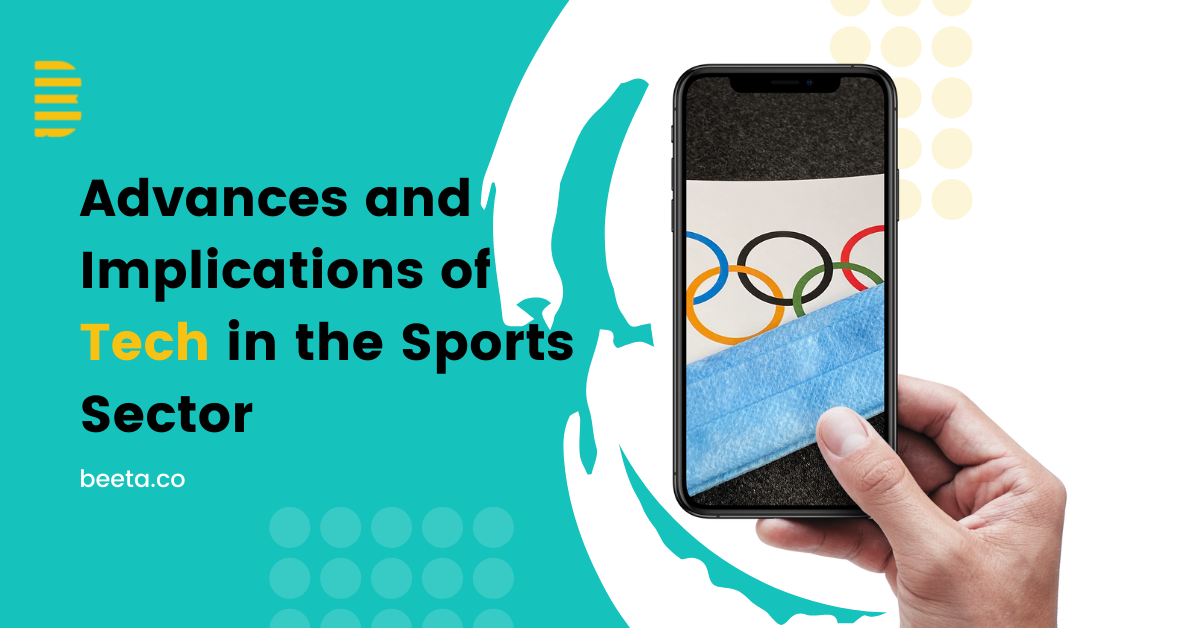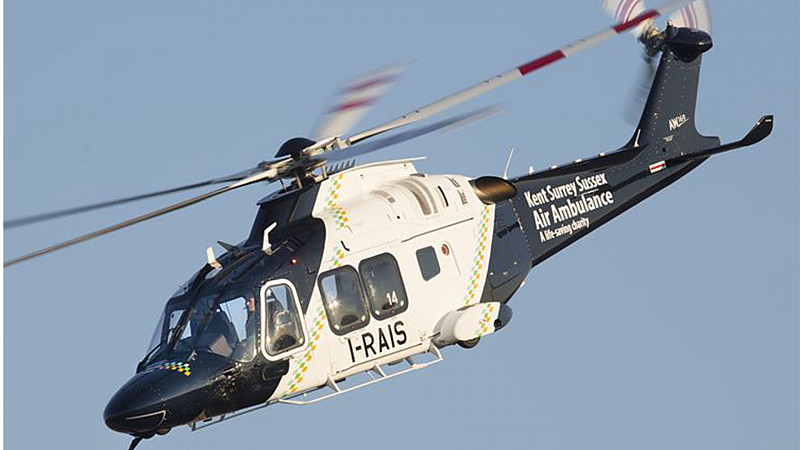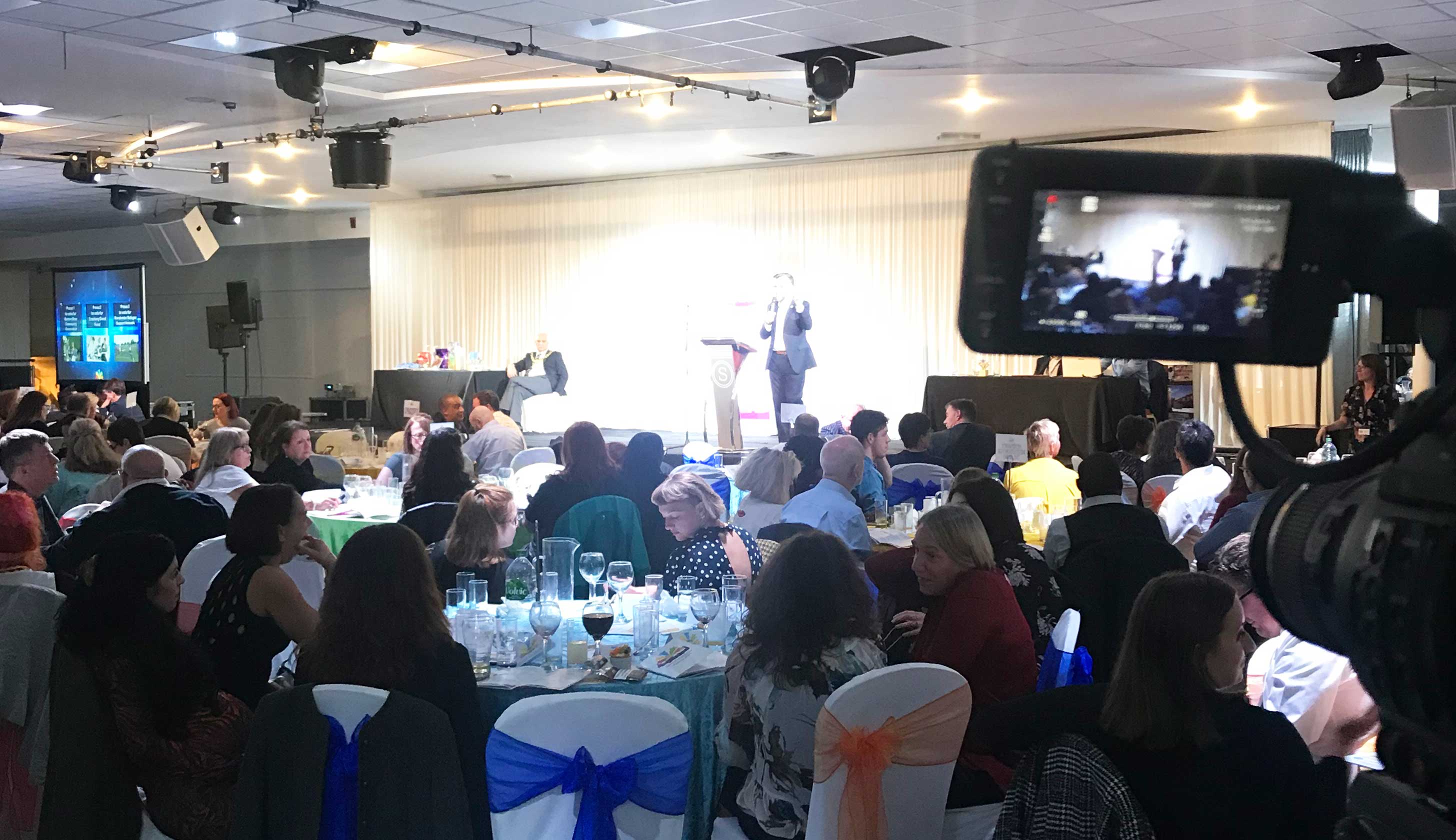
We’re tuning into the 2021 Tokyo Olympics at Beeta HQ and of course, rooting for team GB to bring it home – second time lucky? This has got us thinking about the huge impact technology has had on the sports sector and specifically, the Olympics itself.
From a spectator’s perspective the first thing that springs to mind is how the performance is viewed but of course tech runs much further than this, infiltrating the way in which athletes are trained, monitored and how they progress and not only does tech heighten the experience for viewers and participants but also coaches and officials. Progression in the industry is clear as we bear witness to the continuous breaking of records but for how long can we sustainably advance?
AR, VR and Now… MR?
Over the years, changes in viewing habits have already altered the way sport is observed. Augmented Reality (AR) has become commonplace in the industry, revolutionising the broadcasting experience. AR highlights key information about players and offers clarity in crucial moments that could be overlooked by the human eye. With the current restrictions, the Tokyo Olympics has opted to go completely spectator-less and whilst live coverage is accessible to almost anyone, the industry is coming up with new and exciting ways to satiate their fans need for comradery and interaction. For many observers, watching their favourite sport is an experience that can only be truly appreciated within the stands, not on a device. However, speculation suggests that there could be a way to have atmosphere and accessibility, with the use of Mixed Reality (MR). Eventually, fans could be able to view their favourite athletes, projected into their home stadiums in real-time, whilst they’re performing elsewhere.
“I can imagine the day where you’re sitting in the stadium looking at a player, and his stats come up and float over his head.”
– Jeff Marsilio, vice president of global media for the NBA.
Is Technology Medal-ling With the Industry?
Statistically, Olympians are excelling year by year which can be accredited to the improvements in sporting equipment. The resources available vary from wearable technology to synthetic surfaces and machines that facilitate recovery by identifying and stimulating areas of weakness. Thanks to this contemporary equipment, training Olympians has become more effective than ever with the combination of science and technology to highlight exactly how and where improvements can be made to achieve optimal athletic performance. Monitoring progression can be done with the click of a button and analysed with an artificial precision that leaves no room for human error. However, many have questioned the ethical implications of these advancements, citing that sport is becoming less about talent and more about which team has the bigger budget. Equally though, without such advances in sports tech, there would be far less progression in the Paralympics and opportunities for athletes with impairments.
Naturally, as society adapts to be more dynamic, technology is at the centre. So, rather than combatting technology, we think the real question is, how can we make it more accessible?
To find out how Beeta could ensure your business achieves gold, drop us an email at hello@beeta.co








